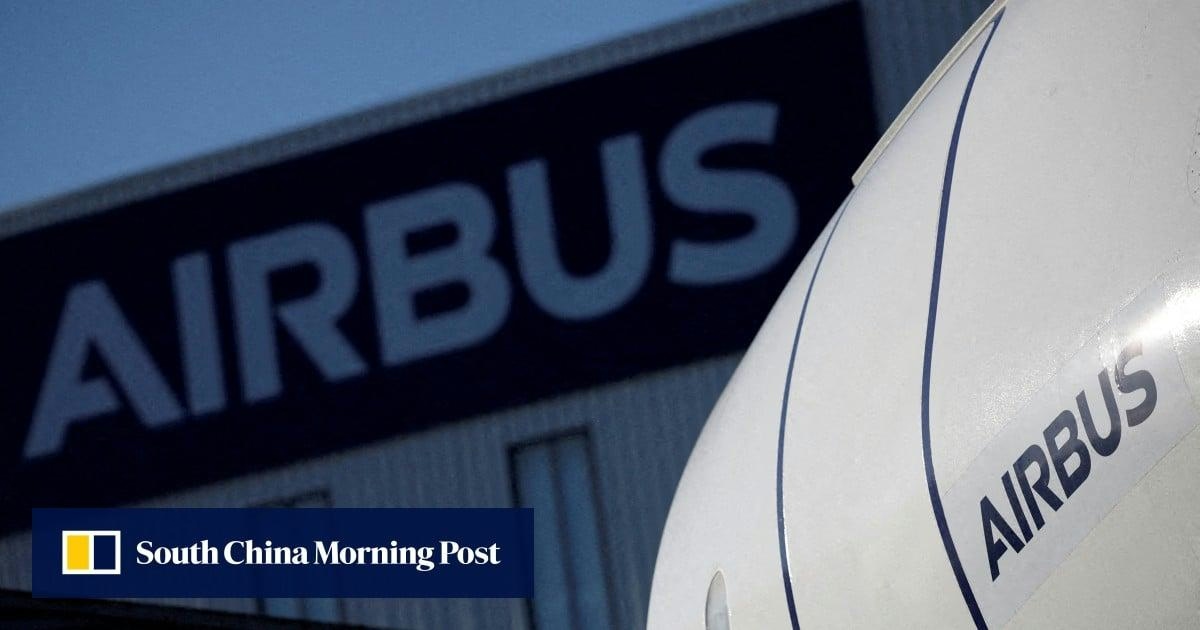
Smarter email, faster business.
Trending
EASA Certifies Airbus A350-900 with Trent XWB-84 EP Engine
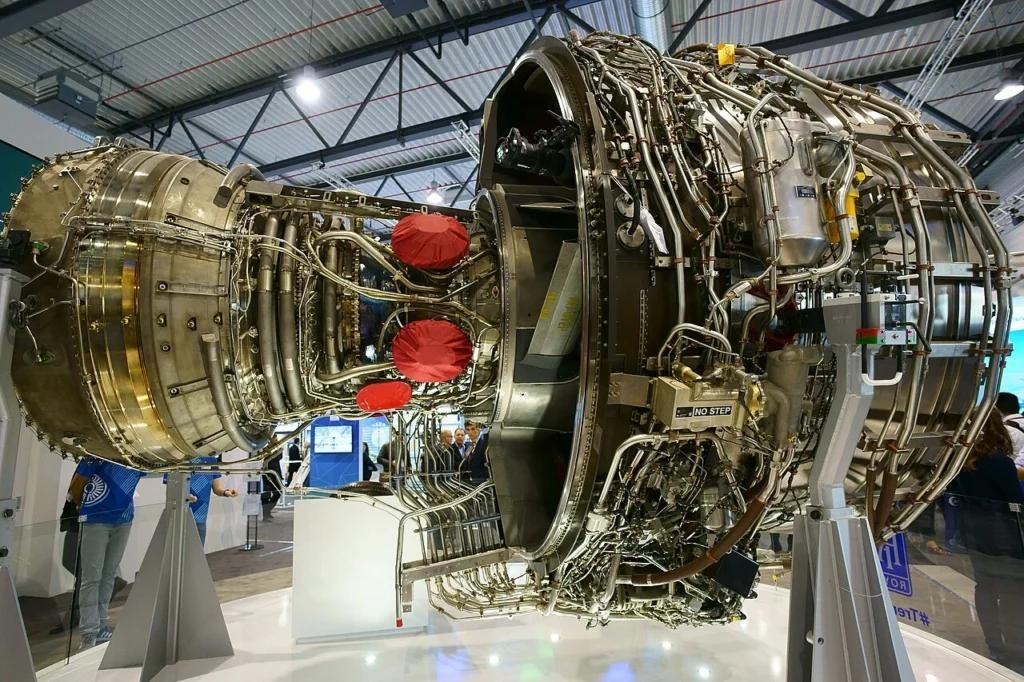
EASA Certifies Airbus A350-900 with Trent XWB-84 EP Engine
The European Union Aviation Safety Agency (EASA) has officially certified the Airbus A350-900 aircraft equipped with the Rolls-Royce Trent XWB-84 EP engine. This certification marks a significant milestone in the advancement of next-generation aircraft propulsion technology, underscoring the commitment to enhanced performance and environmental efficiency.
Advancements in Engine Technology
The Trent XWB-84 EP engine represents an evolution of the Trent XWB family, designed to deliver improved fuel efficiency and reduced emissions. The "EP" designation stands for "Enhanced Performance," reflecting Rolls-Royce’s efforts to optimize engine thrust and operational reliability while maintaining compliance with stringent environmental standards. This engine variant is tailored specifically for the A350-900, offering airlines a balance of power and efficiency that supports long-haul operations with lower operating costs.
Implications for Airbus and the Aviation Industry
With EASA’s certification, Airbus can now offer the A350-900 with the Trent XWB-84 EP engine to its global customer base, reinforcing the aircraft’s position as a leading wide-body jet in the commercial aviation market. The certification process involved rigorous testing and validation to ensure the engine meets all safety and performance criteria set by international aviation authorities. This development is expected to enhance the competitiveness of the A350-900, particularly as airlines seek to modernize fleets with aircraft that align with evolving environmental regulations and economic demands.
The integration of the Trent XWB-84 EP engine into the A350-900 platform exemplifies the ongoing collaboration between airframe manufacturers and engine producers to push the boundaries of aerospace innovation. As the aviation sector continues to prioritize sustainability and efficiency, such advancements are critical to meeting future challenges and passenger expectations.
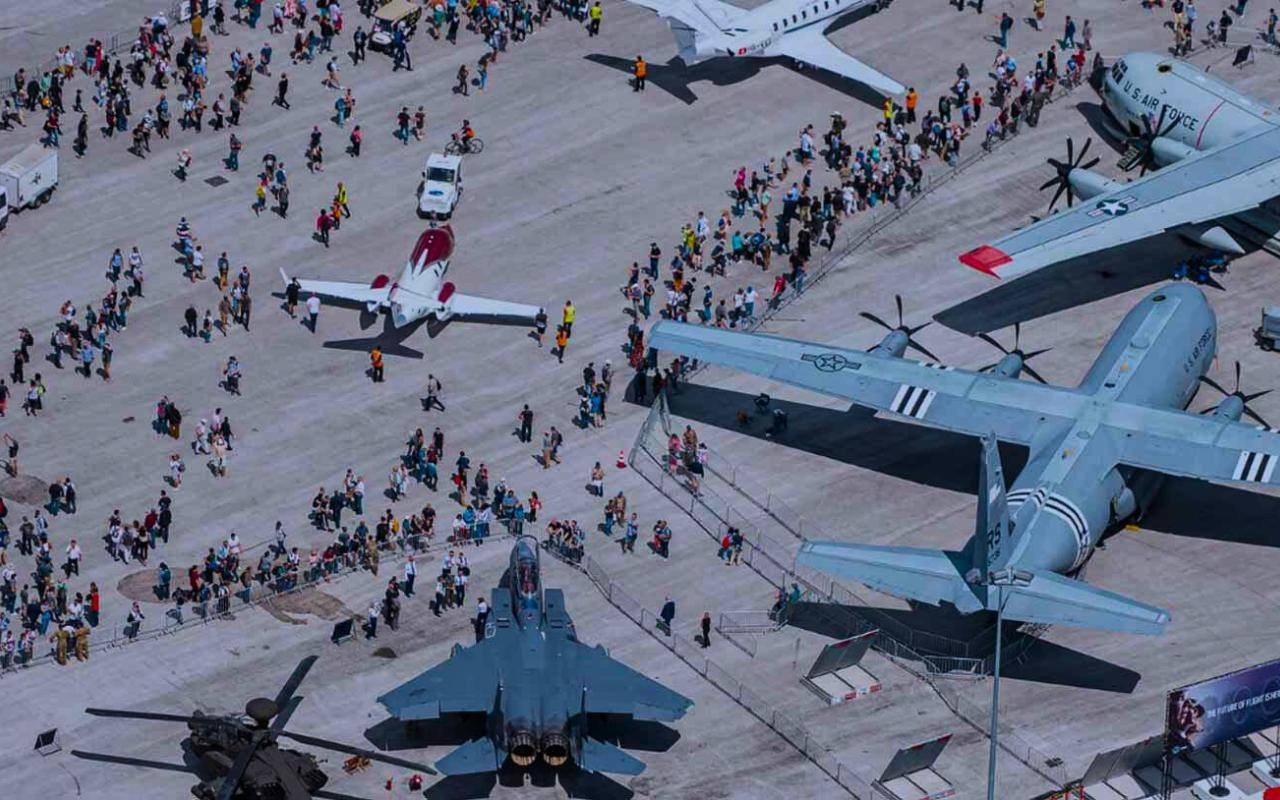
Dubai Airshow 2025 Reveals Main Agenda and Activities
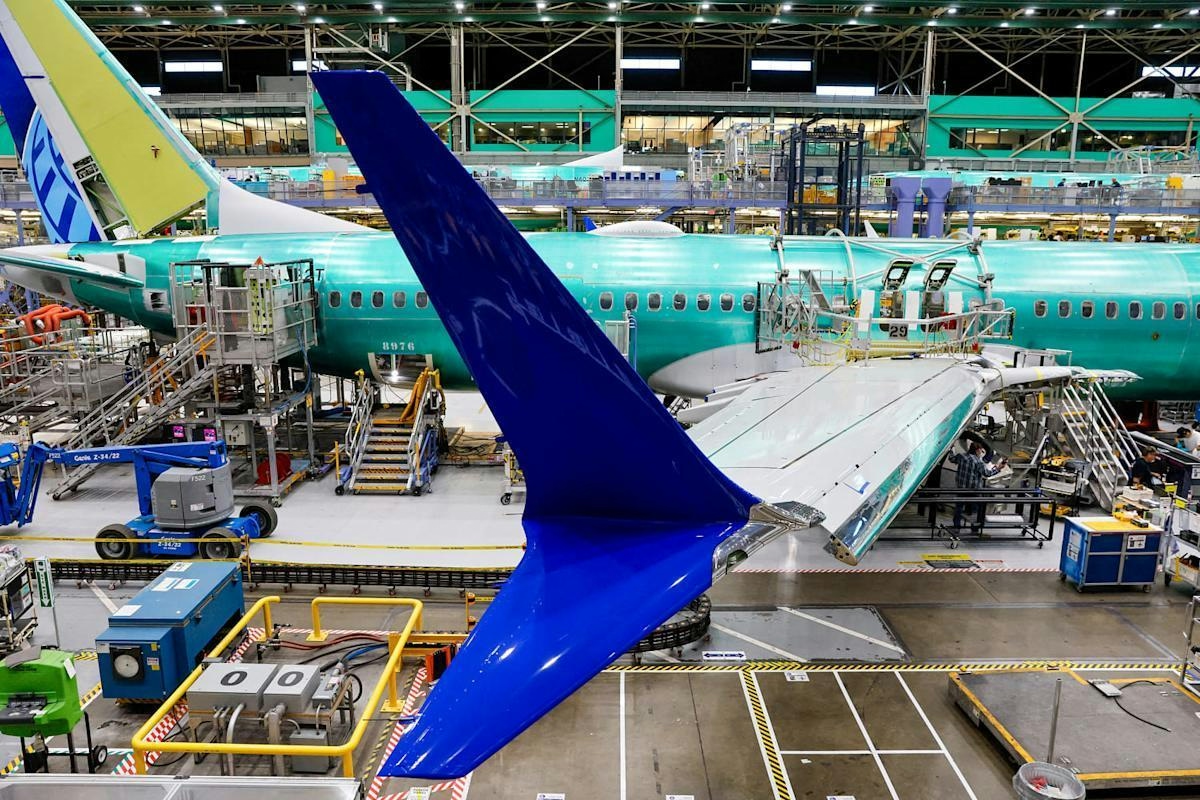
Willis Lease Finance: A Strategic Play in Aviation Leasing Amid Near-Term Volatility
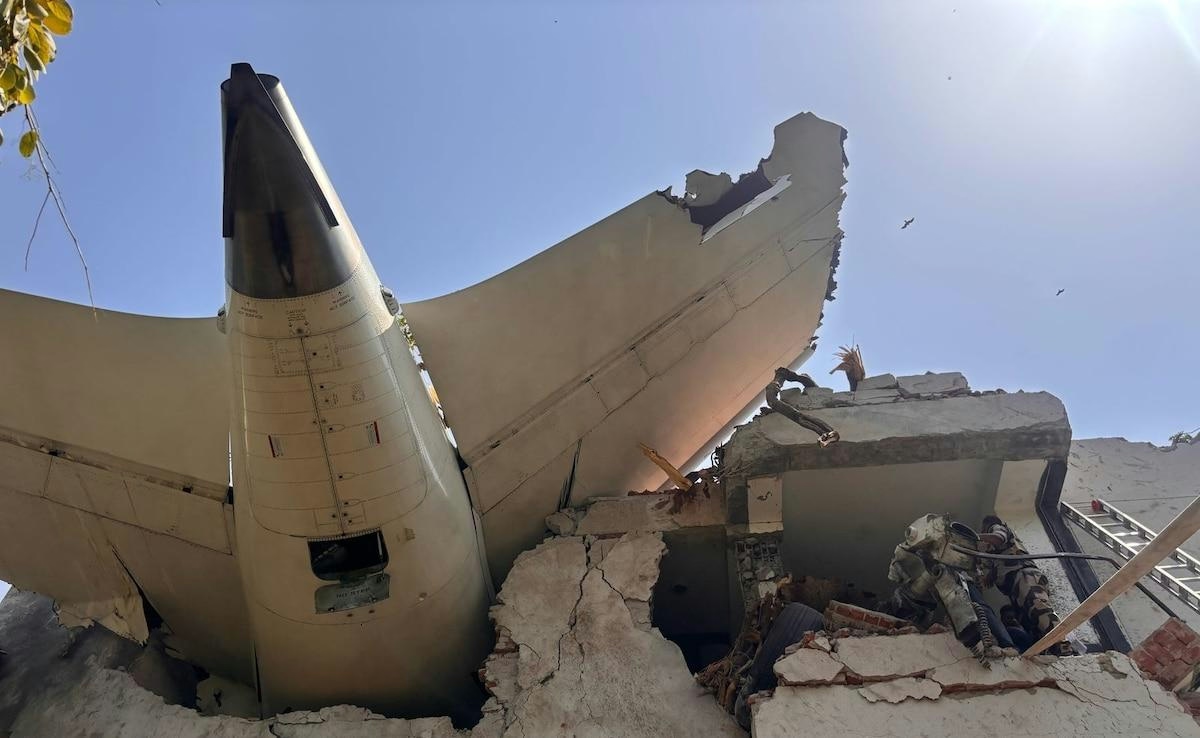
AI-Generated Content Spreads Misinformation After Air India Crash
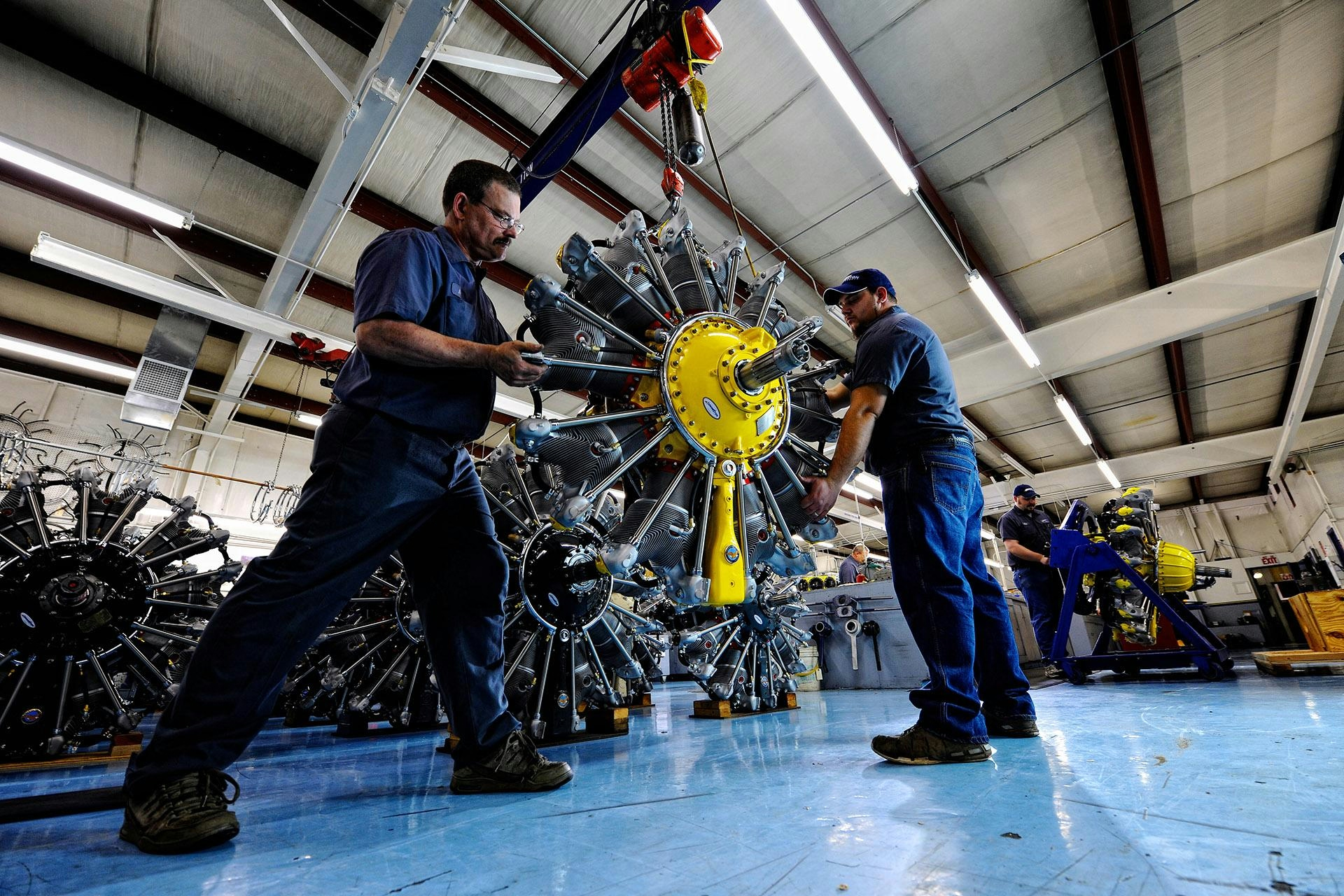
Covington Aircraft Engines to End Radial Engine Production in 2025

Yingling Aviation Named Authorized Honeywell Dealer
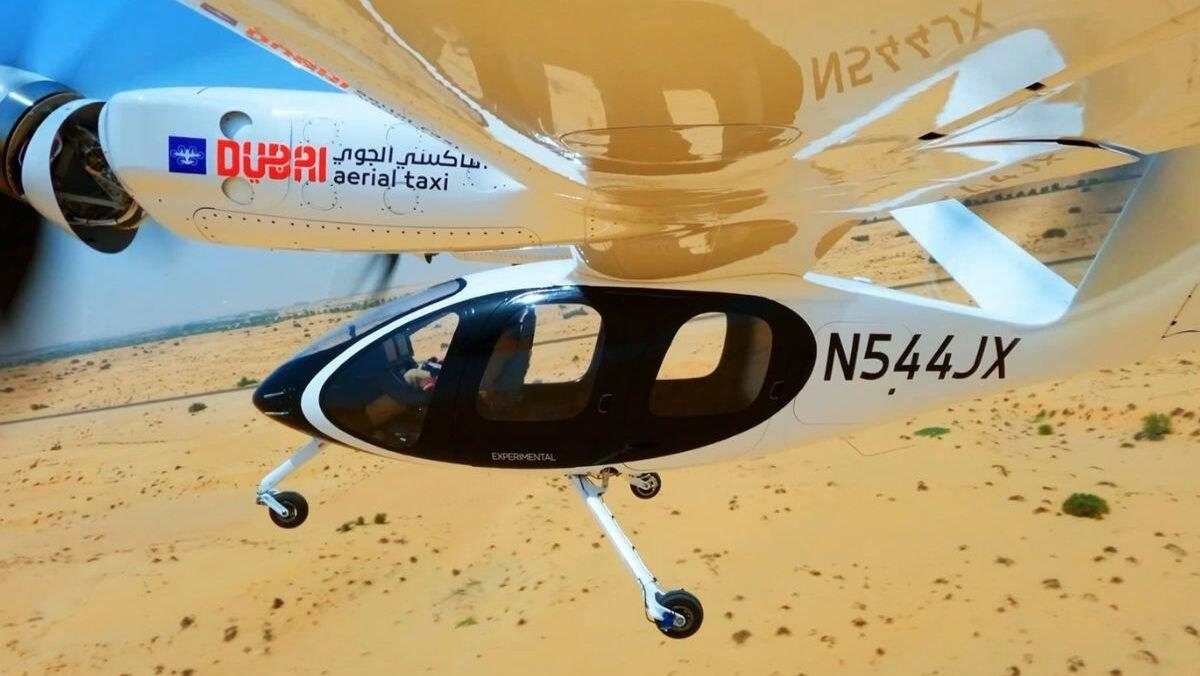
Does Joby Aviation's Milestone in Dubai Point Toward Further Growth?
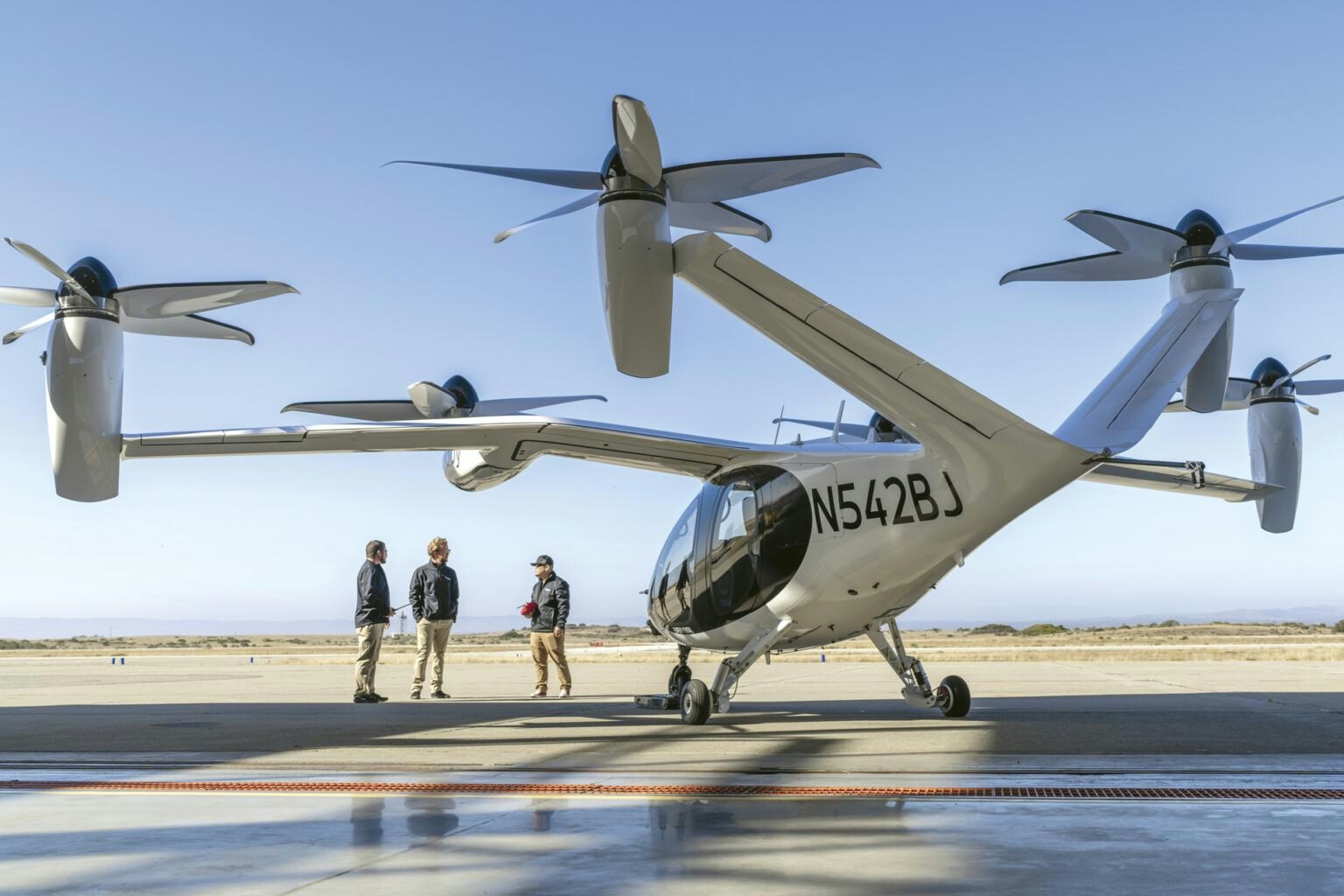
New Invention Promises to Eliminate Airplane Emissions in Country
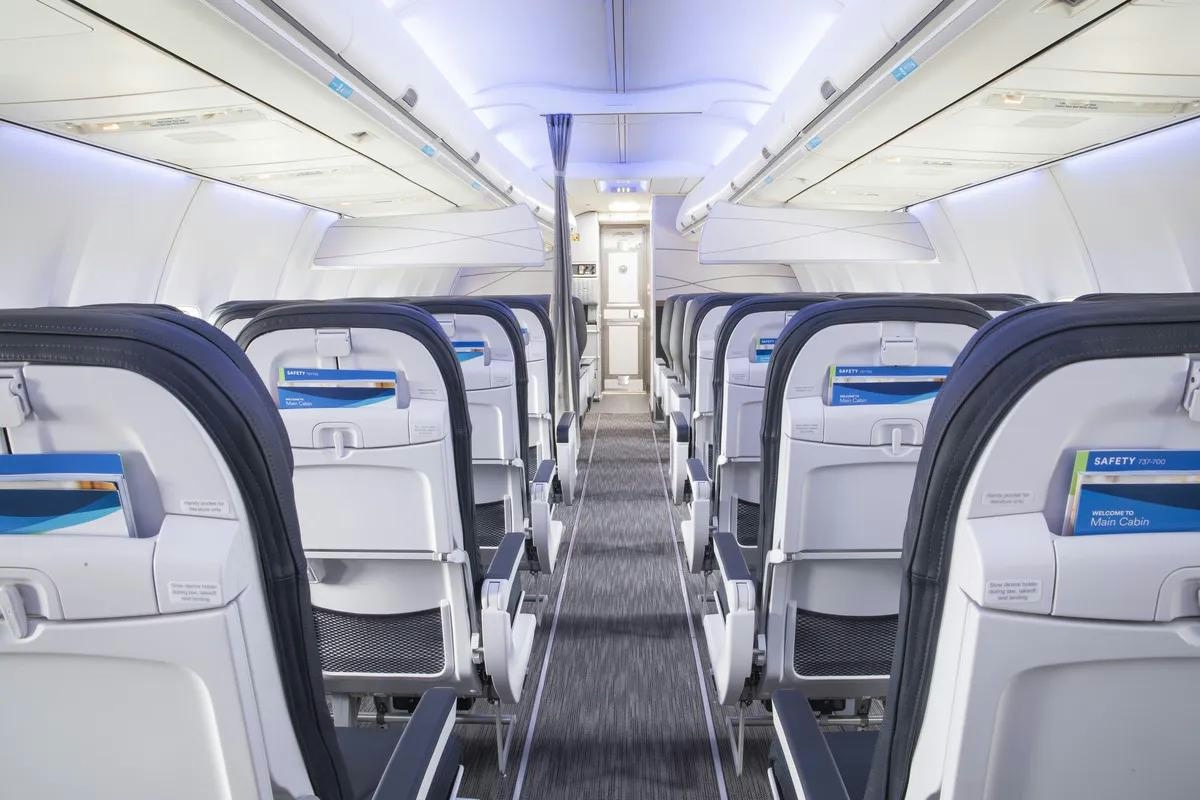
Key Questions on Chinese Travel, AI, and Airlines Answered by Skift
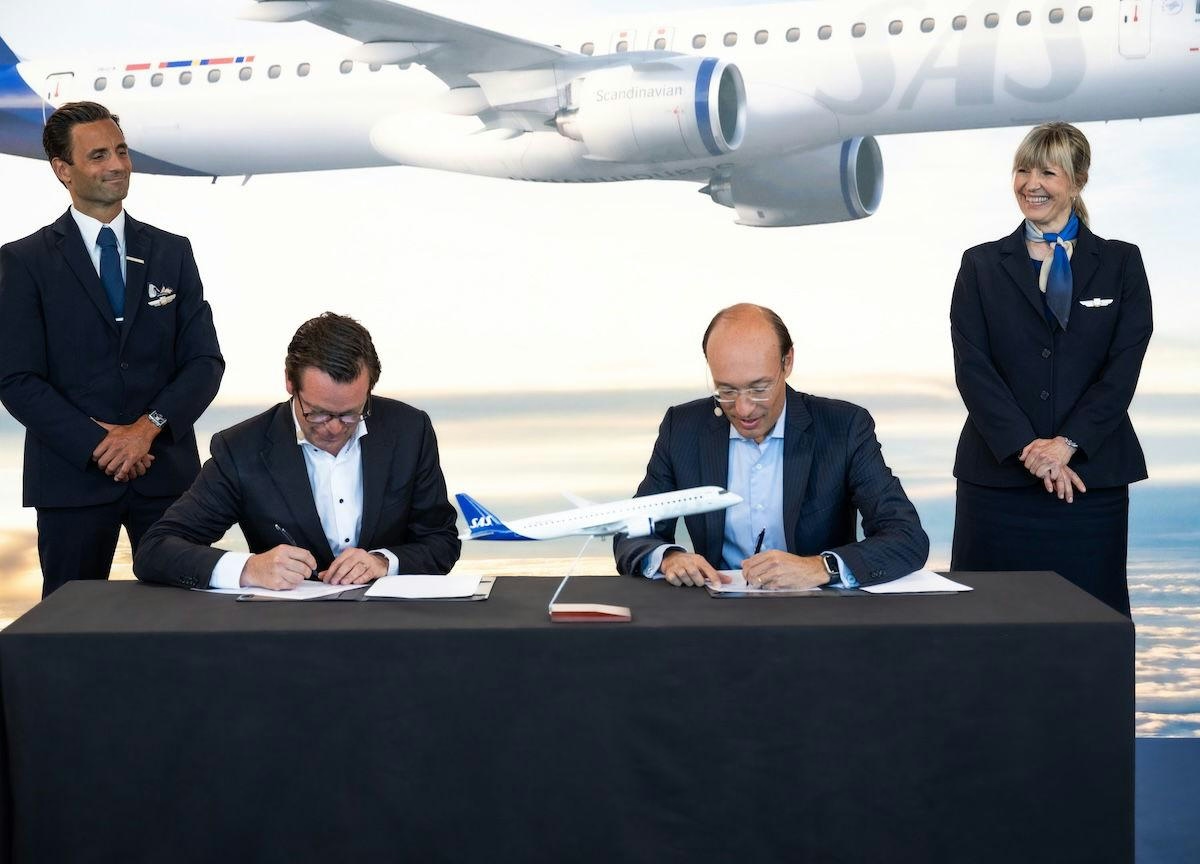
SAS Orders Up to 55 Embraer E195-E2 Jets
